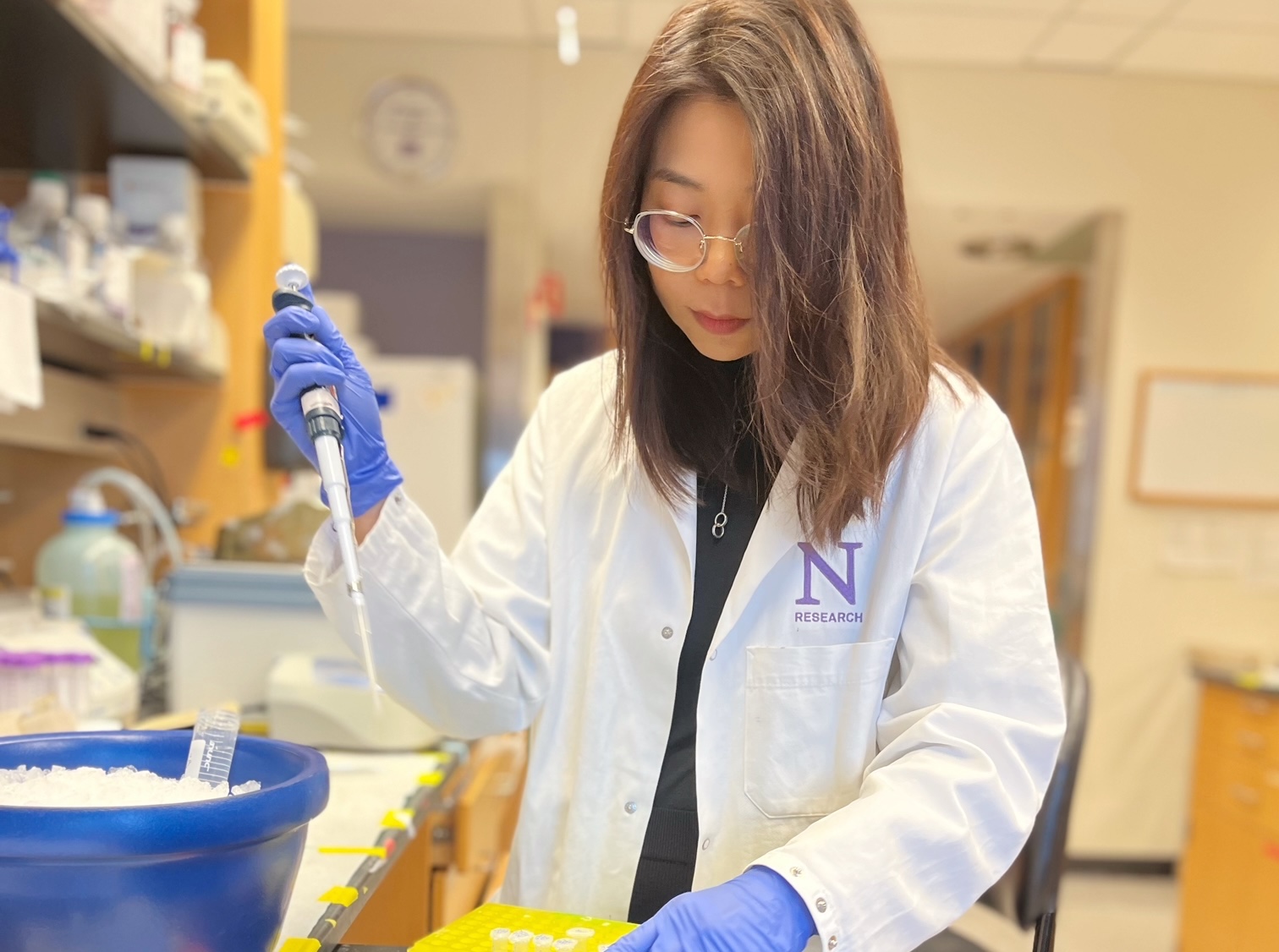
(February 4, 2014) In research published last October in Clinical Cancer Research, a team of OCRF-funded investigators showed that a novel therapy can resentisize ovarian cancer to chemotherapy. The work was led by Dr. Kenneth Nephew, who was funded through an OCRF Program Project Development Grant. The development of resistance to chemotherapy in ovarian cancer is related to abnormal changes in DNA methylation. These deviant “epigenetic” alterations can be thought of as having corrupted “computer software,” which the researchers sought to “reset” using a new epigenetic therapy. The preclinical study used a new kind of compound called SGI-110 to successfully reverse platinum resistance. Their findings suggest that additional studies of SGI-110 in combination with conventional and/or targeted therapies in platinum resistant ovarian cancer would be worthwhile. Click here to read the abstract.


